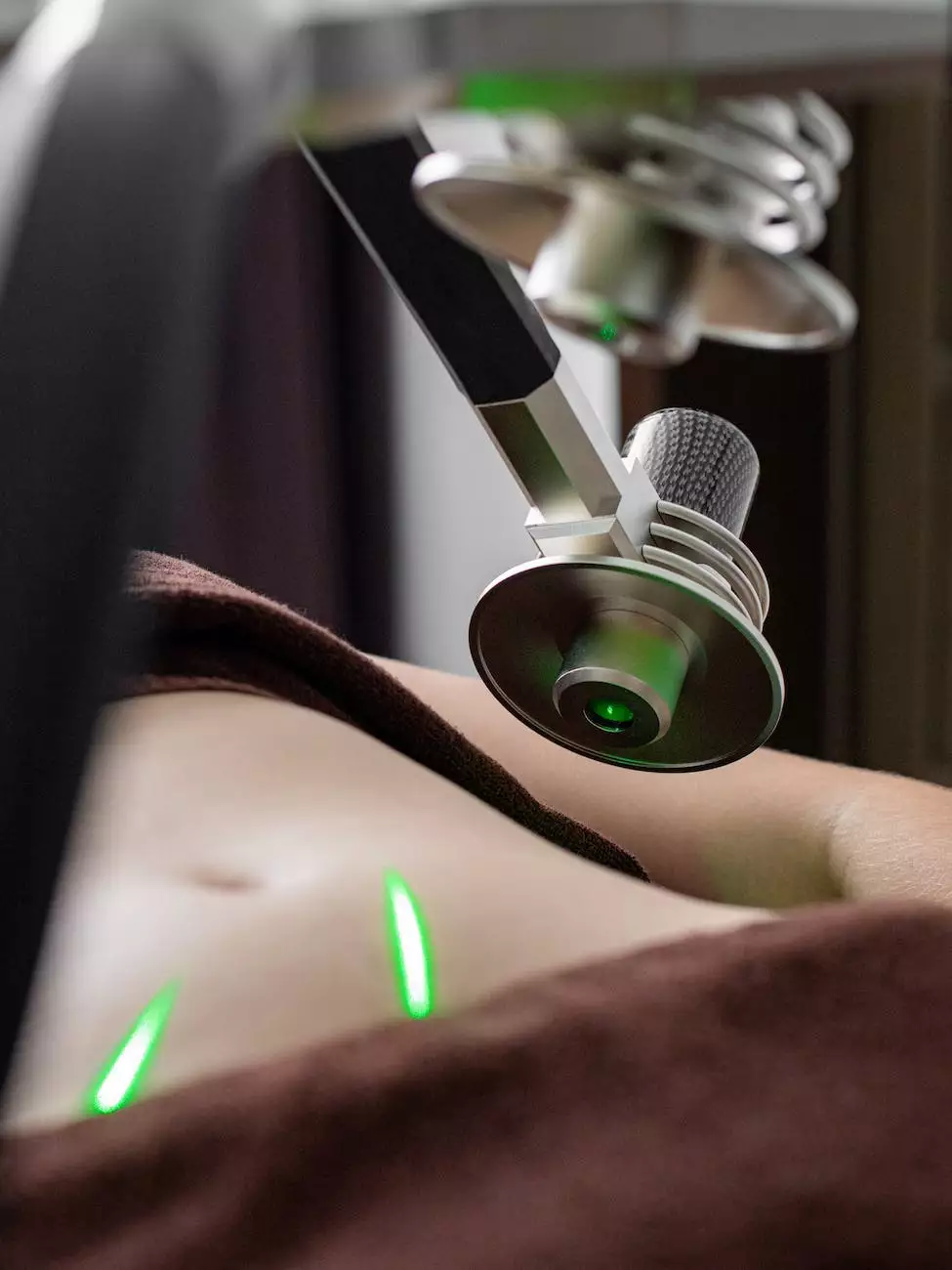Synthetic or Bioidentical? Which Is the Better Low Testosterone Therapy

The Importance of Choosing the Right Low Testosterone Therapy
When it comes to addressing low testosterone levels, finding the right therapy is crucial for improving overall health and well-being. Two commonly used options are synthetic and bioidentical low testosterone therapies. Understanding the differences between these approaches can help you make an informed decision about which one may be better suited for you.
Synthetic Low Testosterone Therapy: Pros and Cons
Synthetic low testosterone therapy involves the use of artificially created hormones to increase testosterone levels in the body. These synthetic hormones are not identical to the hormones naturally produced in the body. While this approach can effectively boost testosterone levels, it also comes with potential drawbacks.
Pros of Synthetic Low Testosterone Therapy
- Widely available and prescribed by healthcare professionals
- Can provide quick results in raising testosterone levels
- May be covered by insurance
Cons of Synthetic Low Testosterone Therapy
- Potential risk of side effects, such as acne, fluid retention, and mood swings
- Artificial hormones may not be as well-tolerated by the body
- Requires ongoing monitoring and potential adjustments to dosage
- May not address the underlying cause of low testosterone
Bioidentical Low Testosterone Therapy: Pros and Cons
Bioidentical low testosterone therapy, on the other hand, involves the use of hormones that are chemically identical to those naturally produced in the body. This approach aims to restore testosterone levels to a more natural balance and may offer several advantages over synthetic options.
Pros of Bioidentical Low Testosterone Therapy
- Chemically identical to natural hormones, potentially leading to better tolerability
- May provide symptom relief without significant side effects
- Can be personalized to meet individual needs and hormone levels
- Potential to address underlying hormonal imbalances
Cons of Bioidentical Low Testosterone Therapy
- May not be covered by insurance
- Availability may be limited compared to synthetic options
- Requires a healthcare professional experienced in bioidentical hormone therapy
Considering Your Personal Needs and Preferences
Choosing between synthetic and bioidentical low testosterone therapy should be based on your individual needs, in consultation with a qualified healthcare professional. Factors to consider include your overall health, existing medical conditions, lifestyle, and personal preferences.
Seeking Professional Guidance
To determine the most suitable low testosterone therapy for you, we highly recommend consulting with our team of experienced healthcare professionals at Minneapolis Weight Loss Doc. With our expertise in hormone therapy and personalized treatment plans, we can help you make an informed decision while considering your specific circumstances.
Conclusion
Synthetic and bioidentical low testosterone therapies both have their advantages and drawbacks. While synthetic options may offer quick results, they also come with potential side effects and may not address the underlying cause of low testosterone. Bioidentical hormone therapy, on the other hand, provides a more natural approach with personalized treatment options. By working closely with our healthcare professionals at Minneapolis Weight Loss Doc, we can guide you toward the best low testosterone therapy option tailored to your needs and preferences.










